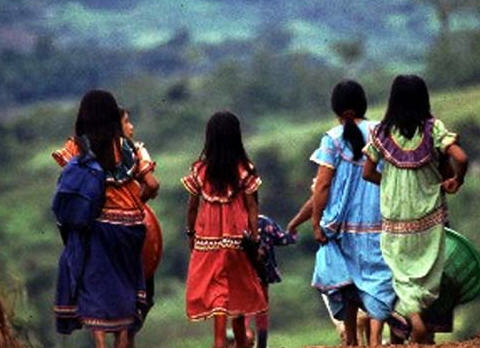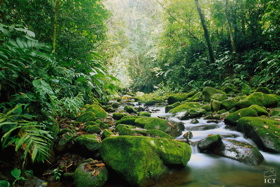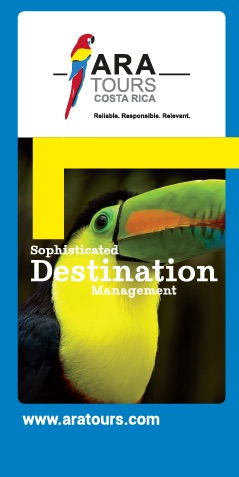Turismo Responsable
 Sustainable Tourism.
Sustainable Tourism.
Tourism, one of the world’s largest industries, employs more than 235 million people worldwide and generates some 9.2 percent of the global GDP. While tourism is a vital source of income for many developing countries, it can also result in pollution, deforestation, inefficient energy use and cultural exploitation.
Be a Sustainable Traveler!
Your travel choices make a difference. By choosing sustainable businesses you will support businesses that conserve natural resources, protect plants and wildlife, and contribute to the well-being of local communities. You will also help to ensure that these treasures will also be there for future generations to enjoy.
What is Sustainable Tourism?
Sustainable tourism businesses are those that are profitable while conserving natural resources and benefitting local communities. Examples of sustainable business practices include conserving water and energy, supporting community conservation projects, recycling and treating wastes, hiring staff from neighboring towns, paying them just wages and providing additional training, and, sourcing locally-produced products in restaurants and gift shops.
How Do I Know if a Business is Sustainable?
Many tourism businesses claim to be "green" or "eco-friendly" – but what does that really mean? How can you know if these businesses are really environmentally and socially responsible?
Many hotels, tour operators, and other businesses have demonstrated their commitment to sustainability by participating in a sustainable tourism certification or verification program. This means that they have been audited by an independent, third-party program and have met a vigorous set of environmental, social, and economic criteria.
 How Can You Make A Difference?
How Can You Make A Difference?
- At the hotel: Ask about environmental policies and practices. Does the hotel support community development or conservation projects?
- Language: Learn a few words of the local language and use them.
- Dress: Learn about local conventions and dress appropriately. In many countries, modest dress is important.
- Behavior: Be respectful of local citizens' privacy. Ask permission before entering sacred places, homes, or private lands.
- Photographs: Be sensitive to when and where you take photos/video of people. Always ask first.
- Environment: Respect the natural environment. Never touch or harass wildlife. Always follow designated trails. Support conservation by paying entrance fees to parks and protected sites or making a donation.
- Wildlife or forest products: Never purchase crafts, clothing, furniture, or other products that are derived from protected or endangered wildlife or plant species. In many countries it is illegal to bring these goods back home.
- Pay a fair price: Don't engage in overly aggressive bargaining for souvenirs. Don't short-change on tips for services.
- Buy local: Choose locally-owned lodges and hotels. Use local buses, car rental agencies, and airlines. Eat in local restaurants, shop in local markets, and attend local events. Hire local guides: Enrich your experience and support the local economy. Ask guides if they are licensed and live nearby. Are they recommended by tour operators?
 The Rainforest Alliance, an international conservation organization, helps the tourism industry protect the environment and provide sustainable livelihoods, build travelers demand for sustainable tourism and enables them to travel responsibly, and promotes internationally sound standards for sustainable tourism.
The Rainforest Alliance, an international conservation organization, helps the tourism industry protect the environment and provide sustainable livelihoods, build travelers demand for sustainable tourism and enables them to travel responsibly, and promotes internationally sound standards for sustainable tourism.
http://www.rainforest-alliance.org/multimedia/tourism-greenwave
The Green Wave



